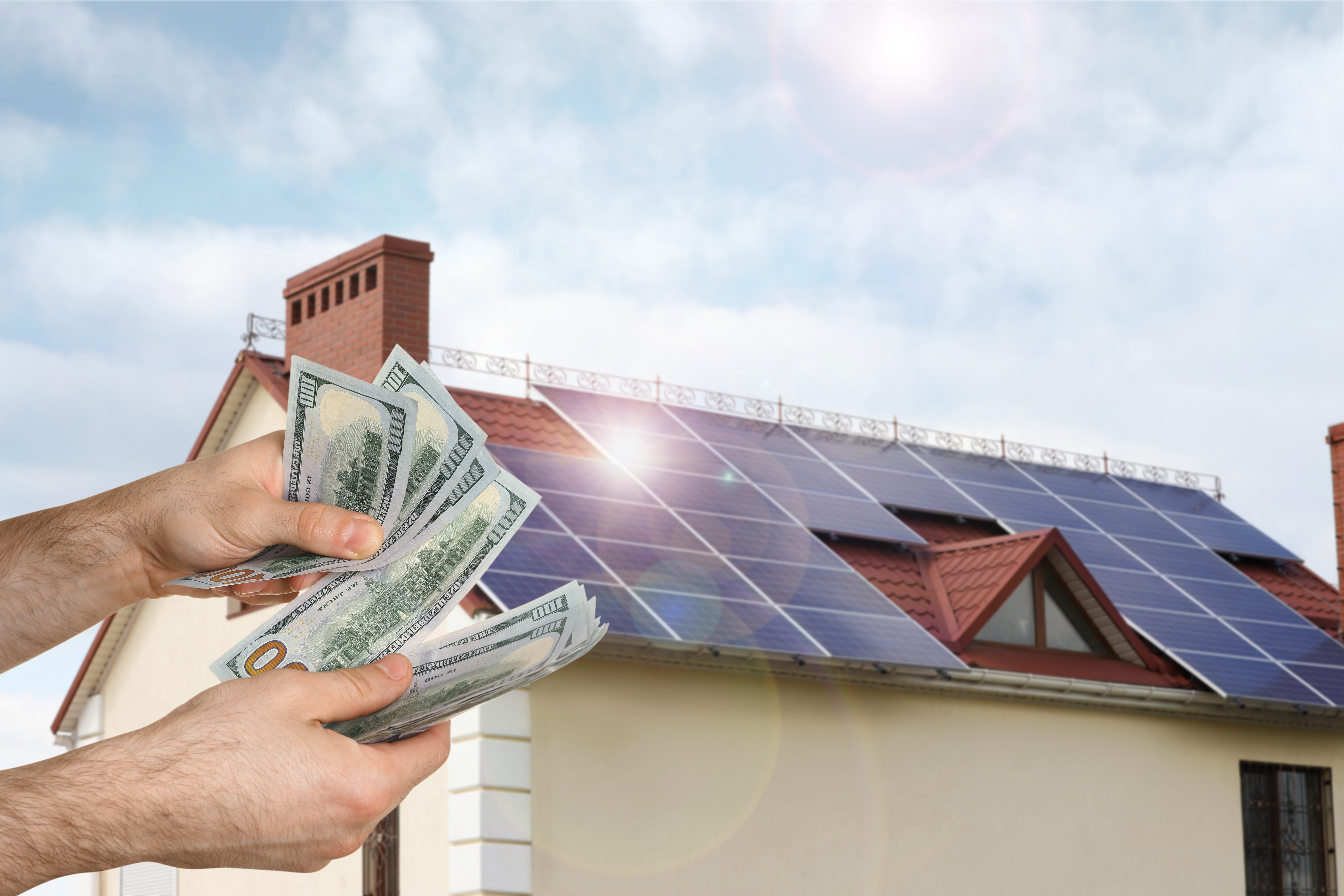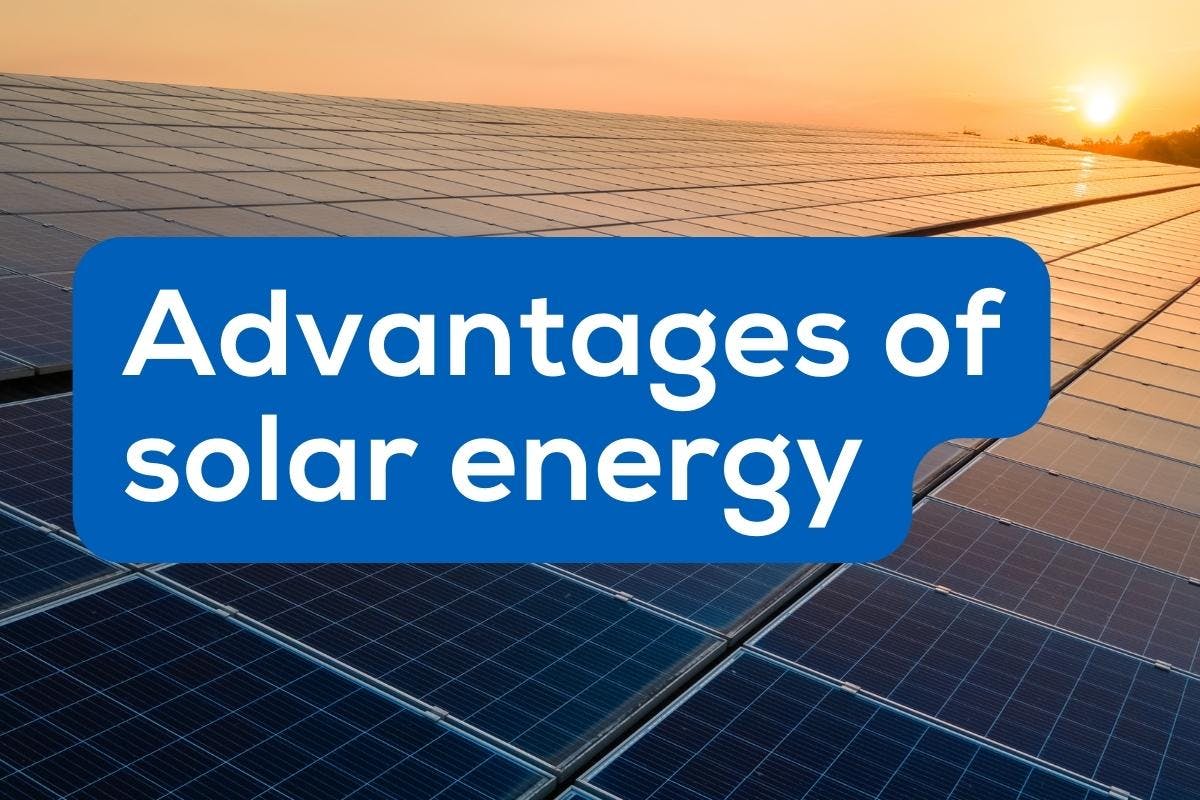Exactly How Solar Power Can Assist You Conserve Money and Minimize Your Carbon Impact
The combination of solar power into your power profile presents an engaging chance for both economic savings and environmental stewardship. As different government incentives come to be readily available, the inquiry emerges: how can one efficiently navigate the first investments and recurring advantages of solar modern technology to take full advantage of both economic and ecological gains?
Comprehending Solar Power Savings
While the shift to solar power usually entails a first financial investment, recognizing solar power financial savings is critical for homeowners and businesses alike. Solar energy systems can significantly reduce electrical power expenses by harnessing the sunlight's power, equating into substantial long-lasting economic benefits.
Additionally, solar power systems may receive numerous economic rewards, including tax credit ratings and rebates, further enhancing their cost-effectiveness. The schedule of web metering enables users to market excess power back to the grid, creating an added profits stream. These elements contribute to the total cost savings related to solar power.

In enhancement to direct financial financial savings, solar power supplies the included advantage of raising building worth. Houses outfitted with solar panels are often much more attractive to buyers, as they promise lower power expenses - Simply Solar Illinois. Recognizing these aspects is crucial for any person taking into consideration solar power, as it highlights not simply the potential financial gains, but additionally the more comprehensive ecological and economic advantages of embracing sustainable energy solutions
Initial Prices vs. Long-Term Conveniences
When evaluating solar power, it is necessary to consider the preliminary costs versus the long-term advantages. The ahead of time financial investment for photovoltaic panels, installation, and relevant devices can be substantial, frequently varying from $15,000 to $30,000, relying on the system size and home power requirements. This first expense may hinder some house owners; however, it is critical to think about the possible cost savings in time.
As soon as set up, solar energy systems can substantially lower and even remove month-to-month electrical energy bills, causing significant long-lasting financial advantages. Researches suggest that home owners can save anywhere from $10,000 to $30,000 over the life expectancy of their solar system, commonly 25 years. Additionally, lots of states offer rewards, tax credits, and refunds that can counter initial expenses, making solar extra accessible.

Decreasing Your Carbon Footprint
Lowering your carbon impact is a vital factor to consider in today's eco conscious society, and embracing solar power is among the most efficient techniques to attain this goal. Solar power is a clean, sustainable resource that substantially diminishes reliance on fossil gas, which are major factors to greenhouse gas exhausts.

Furthermore, the prevalent adoption of solar modern technology motivates the growth of eco-friendly tasks and supports advancements in energy storage and effectiveness. The more individuals and organizations invest in solar energy, the higher the cumulative decrease in carbon discharges, cultivating a cleaner environment for future generations.
Government Motivations and Discounts
Embracing solar power not just profits the atmosphere yet can also cause substantial monetary cost savings, especially with the accessibility of federal government incentives and refunds. Numerous federal, state, and click for more info neighborhood programs are designed to motivate house owners and businesses to spend in solar power systems, making the shift a lot more cost effective.
Among the most popular rewards is the Federal Financial Investment Tax Obligation Credit (ITC), which allows solar system owners to subtract a considerable percent of the installment costs from their federal taxes. This reward has been essential in lowering the in advance expenses associated with solar power systems. Additionally, numerous states provide their own tax credit scores, gives, and discounts that can better boost financial savings.
In addition, some city governments give real estate tax exceptions for solar setups, guaranteeing that house owners do not deal with enhanced real estate tax as a result of their renewable power financial investments. Energy you could try these out firms may also offer motivations, consisting of web metering and feed-in tariffs, which permit solar power individuals to sell excess power back to the grid.
Picking the Right Planetary System
Choosing the suitable solar system is crucial for making the most of energy performance and financial benefits. The decision depends upon a number of elements, consisting of energy demands, budget plan, and available room. House owners should start by evaluating their power intake to identify the system dimension required for optimum performance.
Following, consider the different kinds of solar technologies available. Simply Solar Illinois. Photovoltaic Or Pv (PV) panels are the most common, converting sunshine directly into power, while solar thermal systems concentrate on heating water. Each type has unique benefits depending on private requirements
Budget plan factors to consider are likewise paramount. Preliminary installment costs can differ significantly, so it is very important to contrast quotes from numerous providers and check out funding options. Government incentives and refunds can better decrease the monetary worry, making solar systems much more easily accessible.
Conclusion
In summary, solar my response power provides a sensible solution for achieving considerable expense financial savings while simultaneously reducing carbon discharges. The preliminary financial investment, though significant, yields significant long-term monetary benefits, with prospective cost savings varying from $10,000 to $30,000 over 25 years. Furthermore, the environmental advantages of solar power contribute to sustainable practices vital for combating climate adjustment. Federal government motivations improve the expediency of solar innovation fostering, urging a shift towards a cleaner, much more economically effective energy resource.